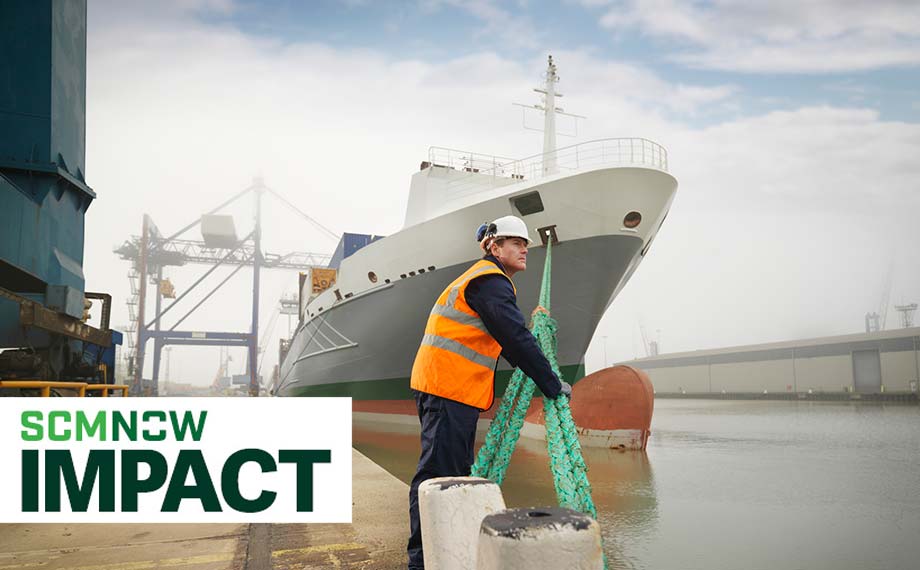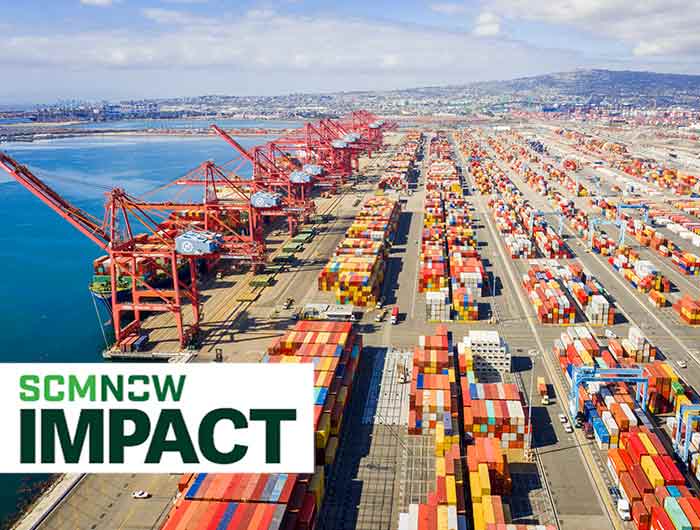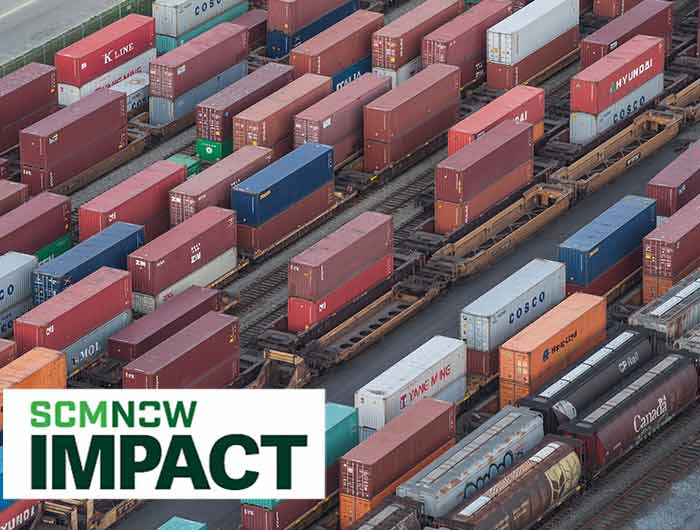The world is watching as East and Gulf Coast dockworkers from the International Longshoremen's Association (ILA) prepare to strike October 1. The ILA, a union representing 85,000 people, is demanding sizable wage increases for its members and protection from future job automation. A strike would affect docks from Maine to Texas, accounting for nearly 60% of the U.S. shipping traffic and causing major disruptions in the supply chain.
“All activity loading and unloading cargo containers and automobiles would come to a standstill,” CBS News reports. Although ports along the East and Gulf Coasts, anticipating the strike, have been racing to unload cargo, ships with remaining cargo will be “moored at specified spots in New York Harbor or off the coast during the strike, or remain at sea until they can come in.”
This week, ASCM polled our LinkedIn community and discovered that 73% of supply chain professionals believe the strike is extremely or very likely to have a negative impact on their operations. Only 8% said the effects would not disrupt their networks.
Per Reuters, the Biden administration has been monitoring the negotiation between the ILA and the United States Maritime Alliance employer group but has not tried to broker a deal. Further, acting Labor Secretary Julie Su and the Department of Labor, following standard operating procedures, have been in touch with both sides for a month. Asked to step in, Su helped “hammer out” a deal during the recent West Coast port negotiations, for “a 32% pay increase over the life of the new contract” for that negotiation.
If the Biden Administration is not invited to aid in negotiations, President Biden could invoke the 1947 Taft-Hartley Act to force the dockworkers to return to work, but that’s not something he plans to do, reports The New York Times. Hopefully, the two sides will come to at least a tentative agreement, as was the case with the labor dispute for the Canadian railroads last month.
Although the specific terms of the ILA’s proposal aren’t public, reporting by The Times also suggests that the ILA is asking for a $5-per-hour raise for each year of the contract’s six-year term, while the USMX is offering a $2.50-per-hour annual increase. To put that into perspective, “East and Gulf Coast longshoremen with six or more years’ experience currently earn $39 per hour, up 11% since the start of their expiring six-year contract. Over the same period, inflation was 24%,” the Times explains.
West Coast longshore workers currently earn $55 per hour. For their part, the East Coast dockworkers’ unions have a lot of leverage to “secure raises and, at some ports, lucrative pensions and other benefits” because most goods “going in and out of the United States pass through marine ports,” and about three-fifths of cargo ships come through the East and Gulf Coasts. There’s no way that the West Coast ports will be able to absorb all or even most of these ships, if they are diverted, the Times continues. Plus, clogs on that coast would cause extended delays and significant freight price increases.
Preparing for the inevitable
Although the details of the crises are always different, the fact that there is “some crisis looming somewhere” feels inevitable in supply chains these days. This is why it’s more important than ever to understand the intricacies of our global networks by signing up for the Certified in Logistics, Transportation and Distribution (CLTD) designation. You’ll learn best practices along with the latest strategies and trends so you can lead in these key sectors. And you’ll also be on track to earn 25% more — something we can all agree is valuable right now.



